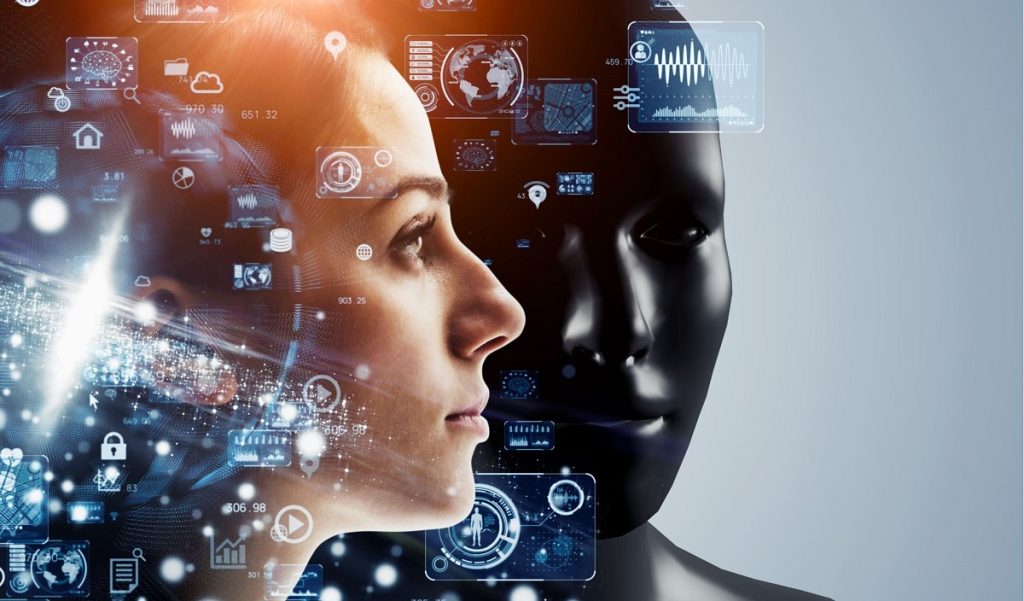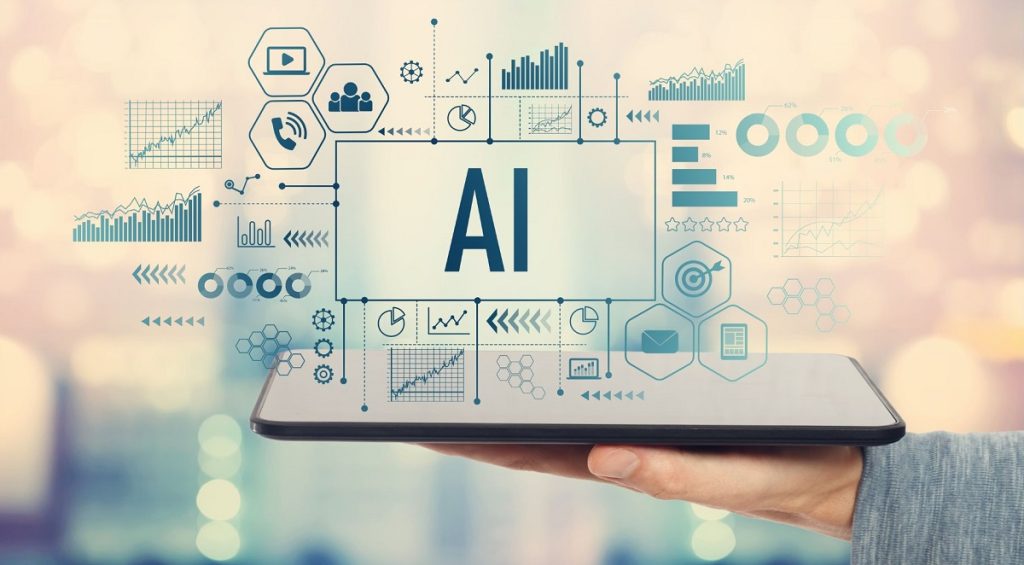Artificial intelligence or AI is helping to redefine work as it uses data to perform certain tasks more efficiently. Many workers find it goes too far as it steals what humans have done to produce a synthesis of knowledge without crediting the source.
As the entertainment industry in America has come to a halt with writers, actors, and filmmakers on strike, the star of the show is AI or artificial intelligence. Like many industries worldwide, AI has become a factor in many jobs for both bosses and workers.
While workers are concerned that it will take their job or pirate their work, companies wonder how this pervasive technology can help them. It is here to stay. While AI generates many concerns, it offers many advantages, especially for managers of remote teams concerned with employee productivity. Does AI go too far in mining human creativity?
What Is AI
Artificial intelligence or AI refers to simulating human intelligence using computer-controlled devices, such as laptops, desktops, and cell phones. The software on these devices controls what they can do through the use of data and algorithms.
Modern devices use programming techniques such as machine learning the data and algorithms and NLP or natural language processing. Today, anybody with a cell phone or computer has seen predictive text in action, while any computer user has probably dealt with online chat managed with AI.
Anyone who saw the classic film 2001: A Space Odyssey knows about Hal, the all-knowing computer that got out of control. AI does not turn your smartphone into Hal, but people are on a first-name basis with Siri, Google Assistant, and Cortana.

How Does It Work
AI-controlled machines pick up all they know from materials created elsewhere. Computer programs scrape data from human-readable data that other programs have generated. The program can organize data and make conclusions from the database produced by this action more efficiently than humans can.
Unlike humans, who make decisions based on what they have read or seen, web scraping produces huge masses of data the computer relies on to make conclusions. This capability enables AI programs to do tedious tasks, such as creating spreadsheets in record time, so humans have more time to do other work. AI offers employers many opportunities to streamline jobs.
Does AI Go Too Far?
Job Loss One Concern with AI
The potential for AI to compile and synthesize data raises many ethical questions. Since AI can do some things more efficiently than humans, will it replace jobs?
The fear among workers is that AI will likely make jobs that some humans do less relevant and decrease the number of open positions. Companies that hire writers and customer service professionals are assessing whether they could cut costs with AI.
In the current strike in Hollywood, studios want to use AI-generated ideas, write scripts, and even use images and voices of actors. Not surprisingly, workers see this as a threat to their livelihood.
Web Scraping Steals The Credit
Other serious concerns about AI are also at the heart of the current radar strike in Hollywood. Computers acquire knowledge through data scraping, not their own abilities. Those who write books and screenplays maintain that various AI programs took their work without permission or attribution.
Hollywood writers, filmmakers, and actors are not only concerned about the loss of jobs but the scraping of their work into a massive database that trains AI programming. Comedian Sarah Silverman recently filed suit against OpenAI and Meta Platforms Inc. for using her copyrighted work.
In some court cases, AI companies have won the argument that using copyrighted materials is “fair use.” However, screenwriters object to losing all control over their material for which they received neither compensation nor attribution.

AI Bias Concerns
Concerns about AI go beyond concerns of plagiarism. Machine learning algorithms behind AI have bias due to the data fed into them. Studies have shown that AI conclusions might be biased toward certain genders, races, or age groups. According to researchers from USC, who studied two major AI databases, 38% of the data was biased.
AI used in marketing campaigns might not reach the right people or may discriminate against some potential customers. The data may be inaccurate or the conclusions incorrect. While the algorithm might lead to bias, AI cannot access data after 2021 or 2022, so some results might be outdated or ill-informed.
These examples show the necessity of having AI-generated materials checked by humans.
Where AI Can Be Useful In The Workplace
Ethical questions aside, AI can quickly compile information or do tasks that remote workers on all levels need to do their jobs. Chat GPT and other chatbots can now produce emails, but AI can also quickly produce information or do tasks that remote workers need to do their job. Rather than having to complete information themselves or call or email a person, AI produces date-driven lists for workers to analyze.

According to V-Soft Consulting, AI offers many benefits to managers who can design, quantify, assess, and streamline key performance indicators with data to re-strategize their efforts to meet their goals. It uses data to:
- Increase relationship-centric collaboration with colleagues
- Share data-driven insights to coach employees
- Create organizational transparency with analytics
- Predicts and calculates risk
AI can perform a wide range of administrative job functions. Some of these include:
Administrative Tasks
- Schedule meetings
- Record meeting minutes
- Reserve conference rooms
Project Management Tasks
- Retrieve a list of approvals
- Approve/Reject change requests
- Create incident or service requests
- Display dashboards
Customer Service Tasks
- Answer FAQs
- Escalate to human agents
- Share knowledgebase articles
Human Resources Tasks
- Resolve employee queries
- Conduct interactive onboarding
- Generate leads
- Compare products for reviews
- Compare prices
- Compile industry statistics
- Compile properties for sale or rent
Debate rightly continues on the big issues surrounding AI, such as concerns with intellectual property rights, fair use, and bias. However, so long as knowledgeable humans evaluate the results, AI can help many workers and managers do their jobs more efficiently.


